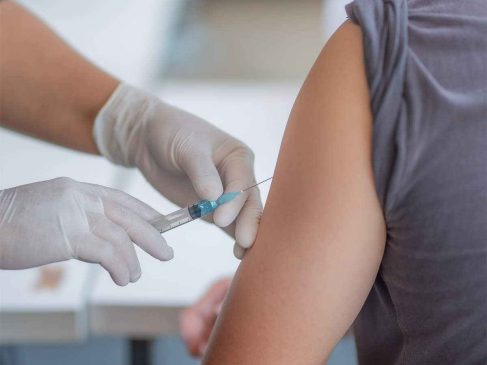The recommended gap for Covishield was 4-6 weeks at the start of the vaccine drive, it was then increased to 4 to 8 weeks, and finally to 12 to 16 weeks.
The Centre is mulling reducing the gap between doses of Covishied Covid vaccine, top government sources told CNN-News18.
“Dose gap reduction between two doses of Covishield is being considered and it will be further discussed in NTAGI (National Technical Advisory Group on Immunisation),” an official said.
Earlier this month, Dr NK Arora, chairman of the Covid-19 working group, had said that the government may minimise the gap between the two doses of Covishield, but only for people 45 years and older.
For all adults, the time between Covishield dosages is currently 12 to 16 weeks. The recommended gap between the two doses of Covishield was 4-6 weeks at the start of the immunisation campaign in India, then was increased to 4 to 8 weeks, and finally to 12 to 16 weeks.
The decision to extend the gap to 12 to 16 weeks was met with controversy, as it was regarded as an attempt to address the country’s vaccination shortage at the time. Experts, on the other hand, claimed that the decision was based on new international scientific studies that showed that a longer gap between dosages produced more antibodies.
The percentage of antibodies generated by the initial shot of the vaccine was shown to be relatively high in these tests. As a result, the following shot should be postponed to give the first injection more time to work, it was opined.
However, in June, after India lengthened the interval between the two doses, studies claimed that the effectiveness of the first Covishield shot had been overestimated previously. This was followed by a reduction in the time between the two Covishield dosages in various countries. Indian experts have stated that the vaccination situation is fluid and would change as new research emerges, but that public health will always take precedence in any choice made.
Because Covishield is the same as the Oxford-AstraZeneca vaccine, worldwide data on the efficacy of each dose is available. Much research on the effectiveness of the doses on the local populace is now being conducted in India as well.





































